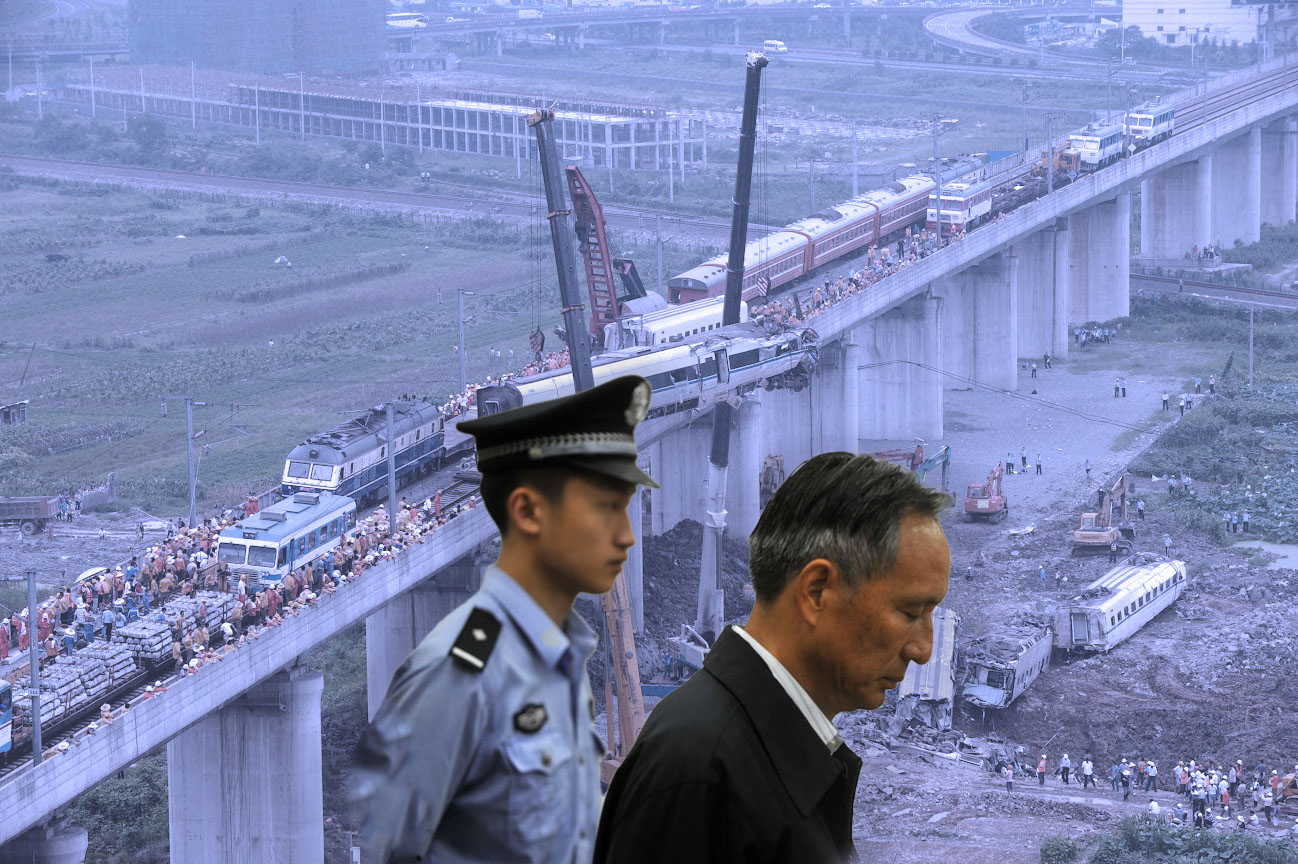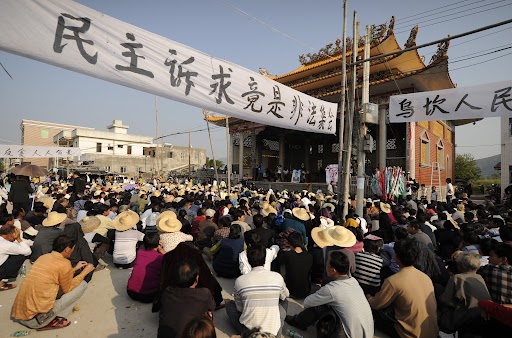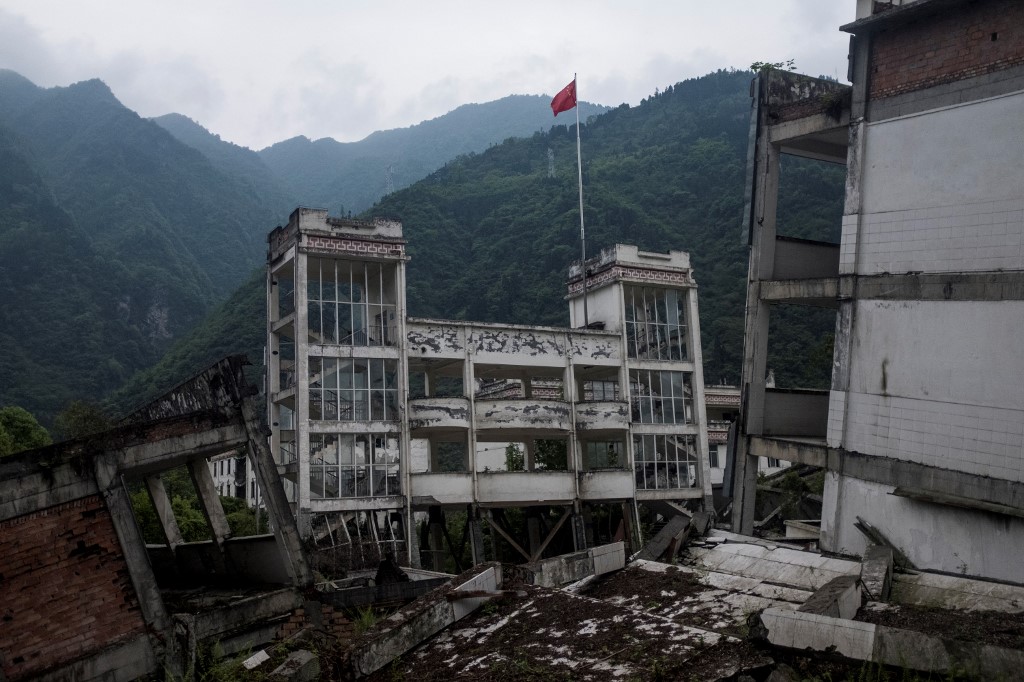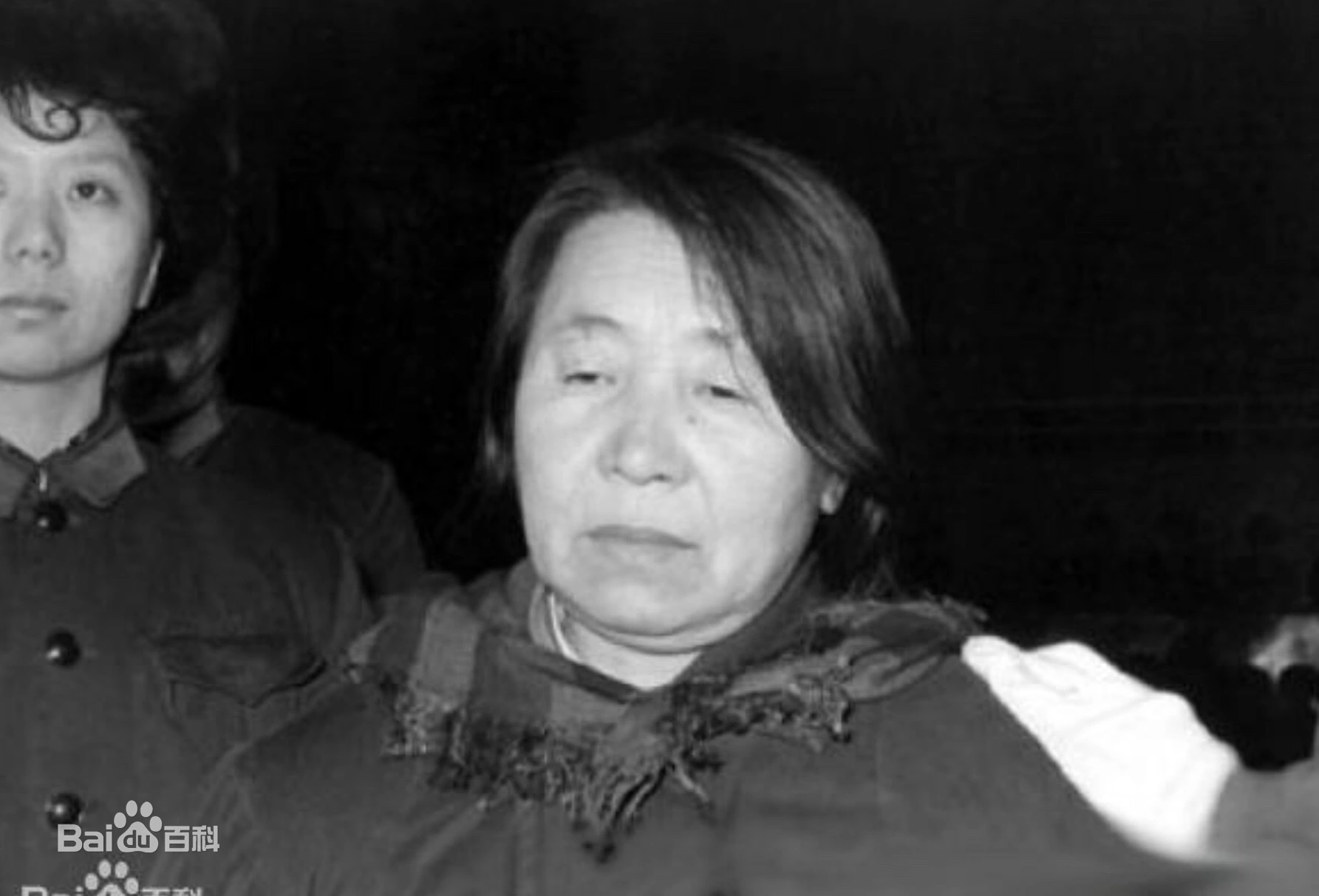2019: Connecting the dots of China’s largest bribery scandal
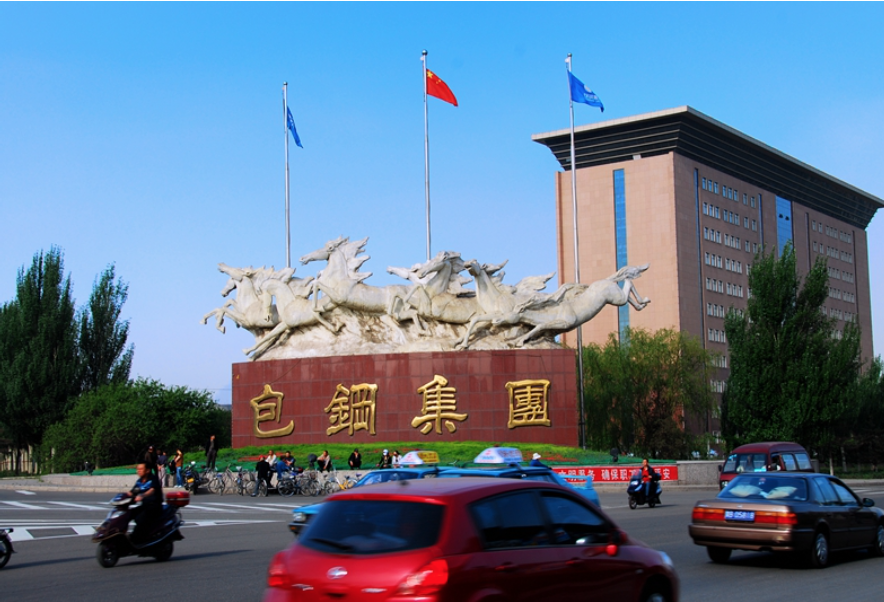
In October 2019, Xing Yun, the Deputy Director of the National People’s Congress of the Autonomous Region of Inner Mongolia, was charged with bribery and sentenced to death with reprieve. With an estimated 449 million CNY (62 million USD) that Xing had illegally appropriated across his two-decade-long career in Inner Mongolia, it became at the … 2019: Connecting the dots of China’s largest bribery scandal
